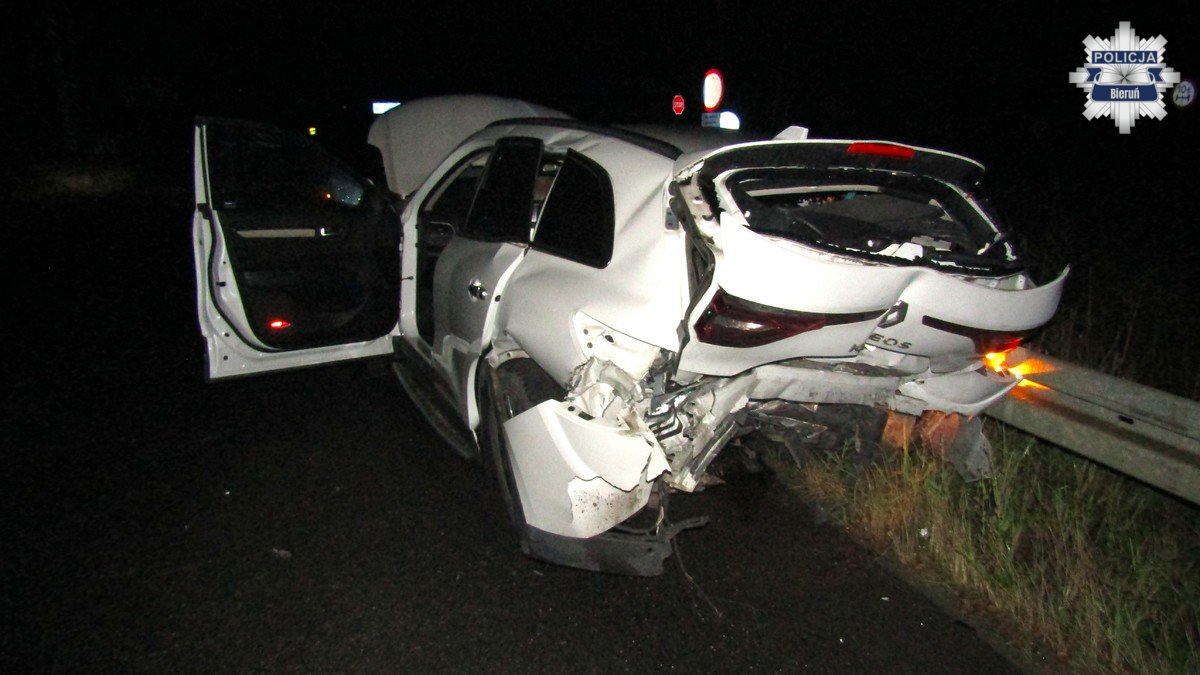The statements of any German politicians lead to a very serious conclusion – either they know virtually nothing about German history, or their way of reasoning is no different from the genocides of the Nazi death squads.
Some time ago, German MEP Katerina Barley announced the concept of "starving Poland and Hungary". I was born almost nineteen years after the war, but at the sound of those words I immediately remembered my childhood, spent among the memories of the German occupation. The talks of each household gathering sooner or later always included the themes of the 1939–45 experience, in which regular hunger was. How many times have I heard about bread, which was a rarity, due to the fact that frequently it was only food. Of course, the worst were camp memories, where starving frequently ended in death. Even in the 1980 ’ s, people were frequently met with very low growth. Not 1 of them explained: “I am 1 of those who are six feet [180 cm] tall, all of whom were tall in my family. But as a child, I was starved. There was nothing to eat for a German. We starved, we got sick, many didn't survive. I have survived, but as specified – 20 centimeters shorter than my father and his brothers.” As a child, I was frequently shaken by the memories of my father and his brothers telling me about hiding food from searchers of the home and farm of Germany. My grandparents had six children, along with whom after being expelled from their household home and staying in a transitional camp in Łódź, they were put in a miserable hut on Lublin sands, right next to the regularly pouring Bug. Giving Germany compulsory agricultural quotas from this mediocre land did not give emergence to spring. The hardest thing was to hide potatoes, which in the ground grew quickly, and in another places, their scent revealed their location. And Germans were masterpieces in the art of looting and stealing – they knew where and how to look. With all search, the full household was trembling about whether they would come to the top of the house. It was there, under the roof, Grandpa and his grandma hid potatoes without which their children would die of starvation. How many stories have I heard! During my childhood, all middle- and older generation people told about the war – the occupying famine. They all knew people who were starved to death as a consequence of the German occupation. Hence the apparent questions are: can German politicians not know these facts? And if he does not know them, what is the degree of the lie, the scale of the denial of historical consciousness, the scale of the slanders dominant in German media, German education and throughout the national Republic of Germany? Another question that has to come up here is even more frightening, but it is absolutely right. Or are German politicians well aware of the immensity of the crimes their parent and their fathers have committed to our mothers and our fathers? possibly they know how many Poles their parents and grandparents starved to death in Poland? Only if it turns out that specified an e.g. Katerina Barley realizes how criminal the past of her state and her nation is, it would mean that by threatening to "starve" she knows precisely what she is saying. And that he does not think of any "metaphoric" starvation and the methods of genocide on a mass scale practiced by generations of her fathers and grandparents he considers most worthy of repetition.
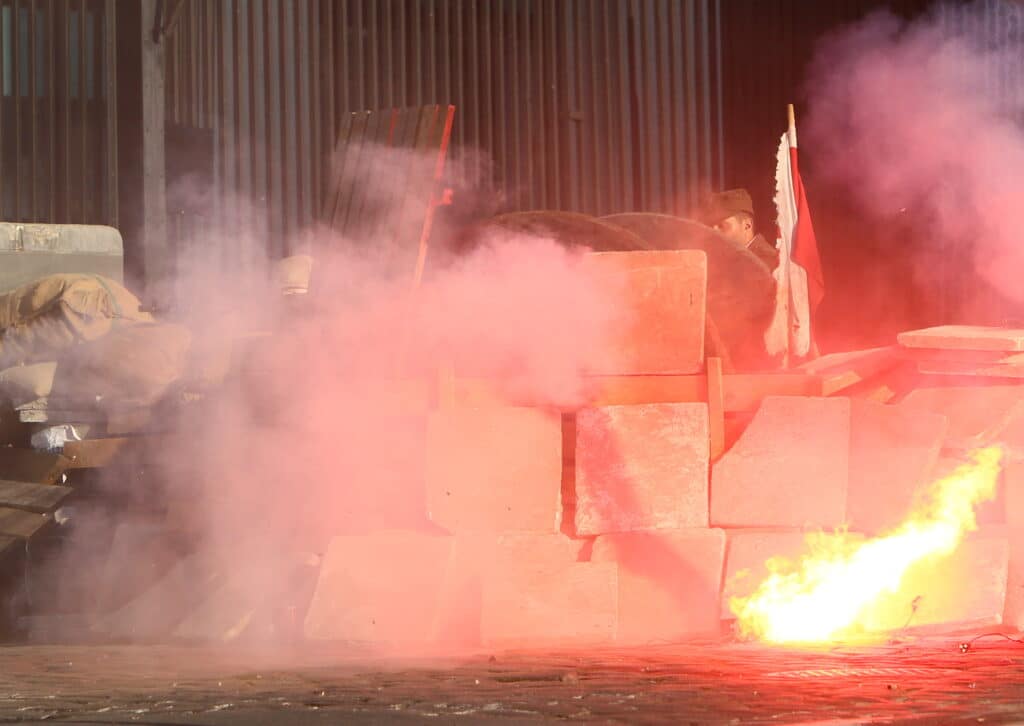 Warsaw, 27.08.2016. The reconstruction spectacle commemorating the fighting for the PWPW Reduta took place, 27 bm. at the main gate of the Polish safety Printing Works in Warsaw. In the function of soldiers of insurgent and German troops, members of reconstruction groups, led by the Association of Historical Groups of Radosław , became members. The staging was part1 of the insurgent picnic organized by PWPW. (cat) PAP/Leszek Szymanski
Warsaw, 27.08.2016. The reconstruction spectacle commemorating the fighting for the PWPW Reduta took place, 27 bm. at the main gate of the Polish safety Printing Works in Warsaw. In the function of soldiers of insurgent and German troops, members of reconstruction groups, led by the Association of Historical Groups of Radosław , became members. The staging was part1 of the insurgent picnic organized by PWPW. (cat) PAP/Leszek SzymanskiGerman politician, Manfred Weber, went even further. Speaking of what should be done against Poland, he utilized the words "put up a fire dam". The word is strictly military, of course. The word so historical and so professional that it is possible to uncertainty that it is expressed by individual who knows the historical context and the full meaning of these words. I am not a kid of war, but I immediately remembered the memories of my grandmother, in September 1939 with her children fleeing German aggression. Grandpa was mobilized to the army a fewer days earlier, she tried to save their common offspring. Escape from the invading vermachte proved hopeless and shortly grandma witnessed a march that seemed to have no end to the column of various machines, constructed to kill. grandma had no illusions about what those coming from behind the Oder monsters might be about. Yet the inscription on 1 of the first tanks froze it: “Figuren, Benzin oder Bomben wir bringen Polen der Tod!” My grandmother's tongue was well known from the German partitions. At the time, however, schools taught that Germany colonizes central and east Europe for the prosperity and civilizational promotion of its inhabitants. Of course, no 1 believed in this vicious nonsense, but at least the "verbal setting" of Bismarckovsko – Vilnius imperialism did not sound besides ghastly. In September 1939 the vermacht left no illusions to anyone. With his inscriptions, the vermacht stated, “We bring death to Poles with people, petrol and bombs!” Gasoline rapidly turned out to be 1 of the first German weapons. Hundreds of Polish villages ignited from Silesia and Małopolska to Pomerania. The long line of smokes and fires was clear information for Luftwaffe pilots about the current course of the front line. The order was simple: “Mord everything that moves east of this line!” In technology, bombarded cities made themselves aware of the genius of German fire-fighting art. It was based on an appropriate combination of blasting and incendiary bombs. First they fell storming, tearing up buildings and spreading around everything they were constructed of, spreading their contents. Moments later, in place of this, there were incendiary bombs, the explosions of which led to the instantaneous setting in flames of all the ceiling beams, furniture and anything that could have served as food for fire...
Speaking the words "fire retarder" Manfred Weber reminded me that this concept is the 1 that most frequently appeared not only in the memories of both my grandparents and their brothers, but besides their friends, including Mr Stanisław Salwirak, who spoke about Westerplatte, in defence of whom he fought in September 1939. I besides read a lot about the September run and was even a bit amazed that most book paintings of the beginning of the war do not rather agree with the memories of my relatives and friends. The books most frequently mentioned the decisive function of German armored or aerial troops, and my grandparents and another participants of these struggles most frequently told about the “hell of fire dams”. Mr Saliwirak said that on Westerplatte "fire fragrances" were everyday, that not only their passage could not be said, but besides their endurance in the immediate vicinity was bordered by a miracle. Grandpa's brother Stanislaw said that the conflict of Bzura was yet lost due to these terrible fire dams, although the most unfortunate was the civilian population of villages from the Kutna area. The villages which, as a consequence of these fire dams, survived a slaughter, frequently ceased to exist. This was consistent with my grandfather's accounts, who repeatedly said that he had gone to war shortly after 2 years of military training, during which many times on the training ground he practiced his actions under very strong artillery fire. However, they turned out to be nothing compared to what happened in the fields and streets of Warsaw. I was able to solve this mystery rather recently, thanks to the latest publications on weaponry and methods of war in September 1939. It turns out that the largest part of both the Polish civilian population and our soldiers was killed at the time, not by bombings or armoured attacks, but by artillery fire. The weapon that was given us the top losses was the cannons of a caliber of almost 150 millimeters. They fired missiles of magnitude mainly utilized in the largest warships or by fortress batteries. In our land troops, only 1 dense mortar squadron utilized similar-sized bullets. And the Germans fired nearly 2 million in September 1939. These shots resulted in terrible destruction, they spread death in hundreds of Polish villages and dozens of cities. Fire dams caused by this terrible weapon annihilated full sections of the Polish army. The regiments, brigades, and divisions were prevented from making the essential maneuvers, and it was above all they determined the Nazi triumph.
If Manfred Weber uses the military concept of "fire dams", which the full German nation has been so arrogant of since his triumph in September 1939, I fear he alternatively knows what he is talking about. This does not mean, of course, that he is already preparing a trial against us by the methods that Poland destroyed the generation of his fathers and grandparents. However, this surely speaks a lot about the way this individual thinks and about the mentality of at least part of the elite of German politics. This phraseology, this way of thinking, should make us aware of how small is different at least any of our western neighbours from their predecessors a fewer decades ago.
Artur Adamski


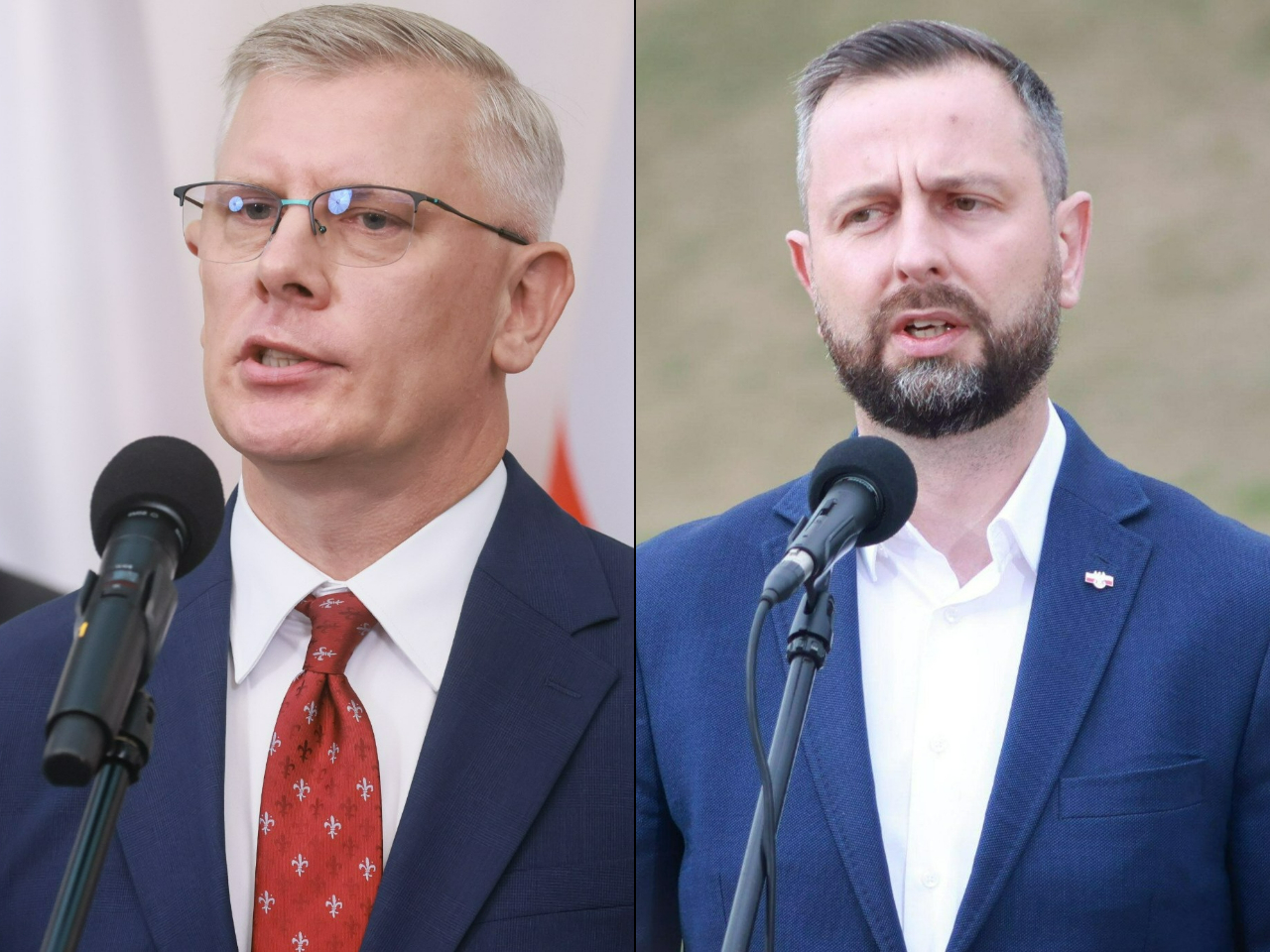



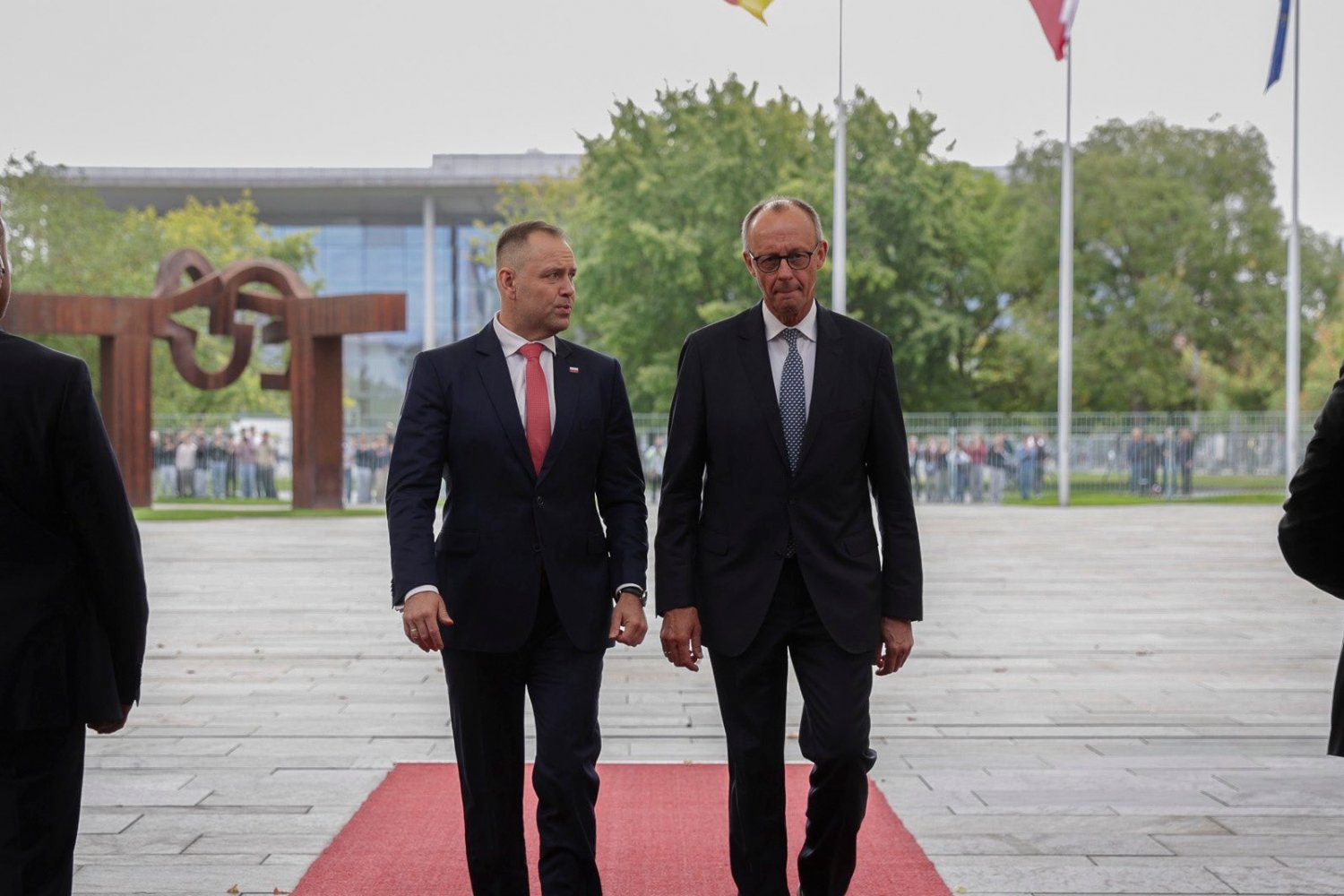

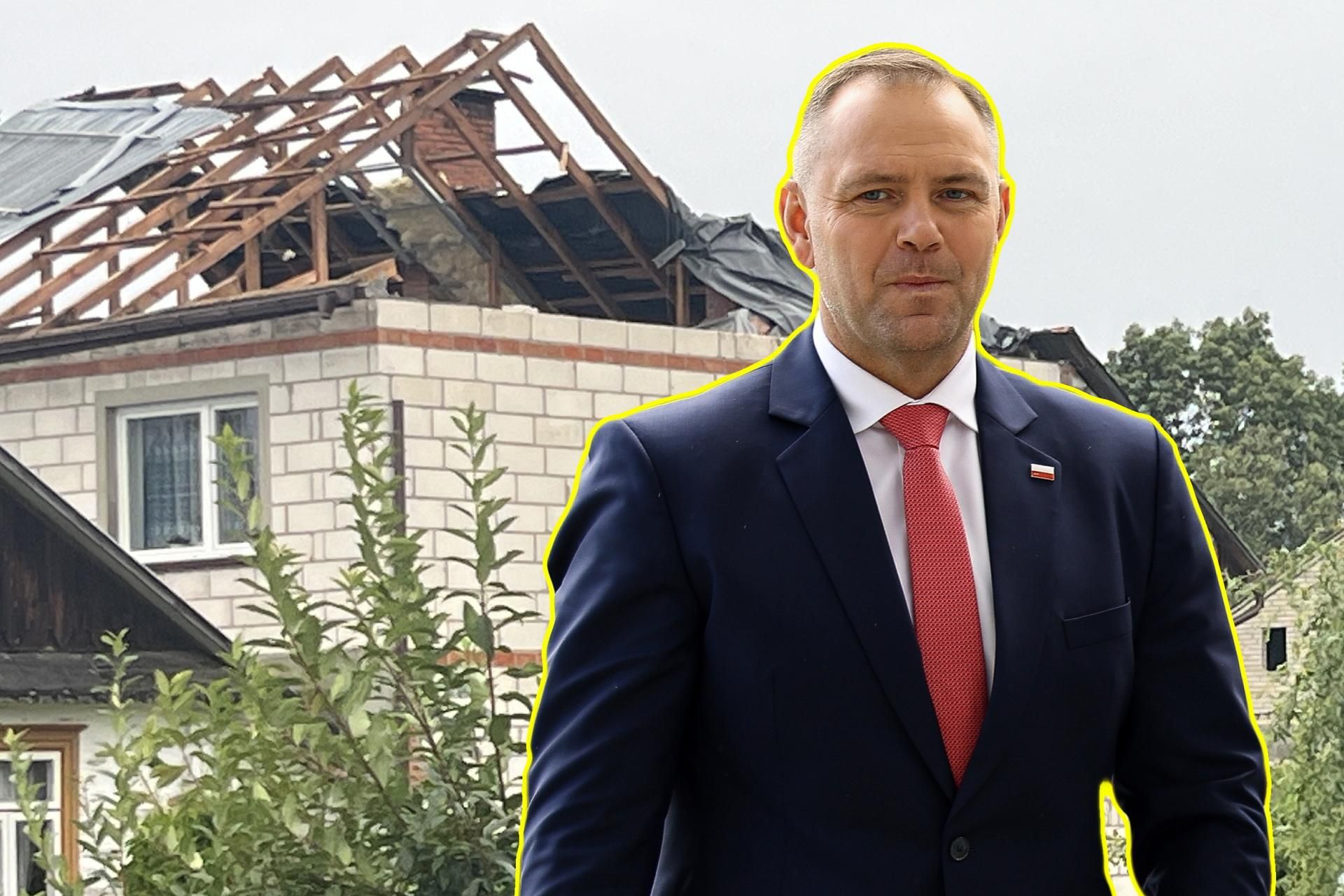
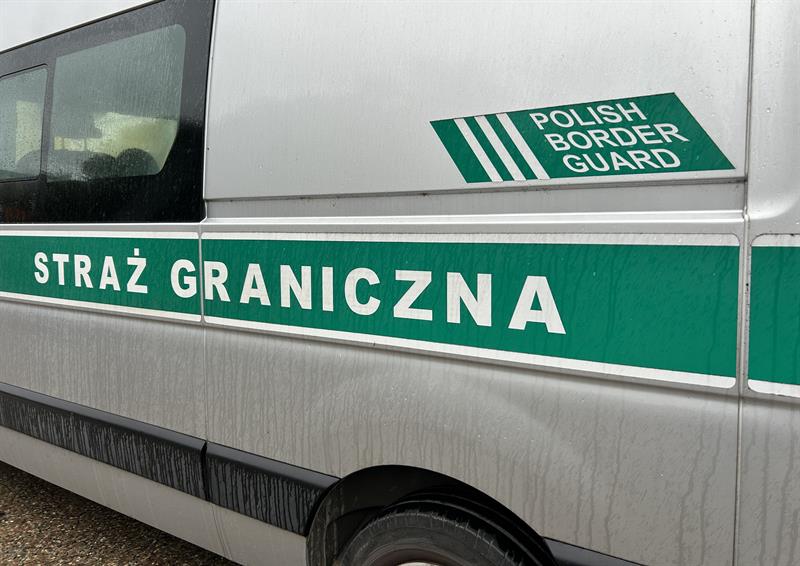


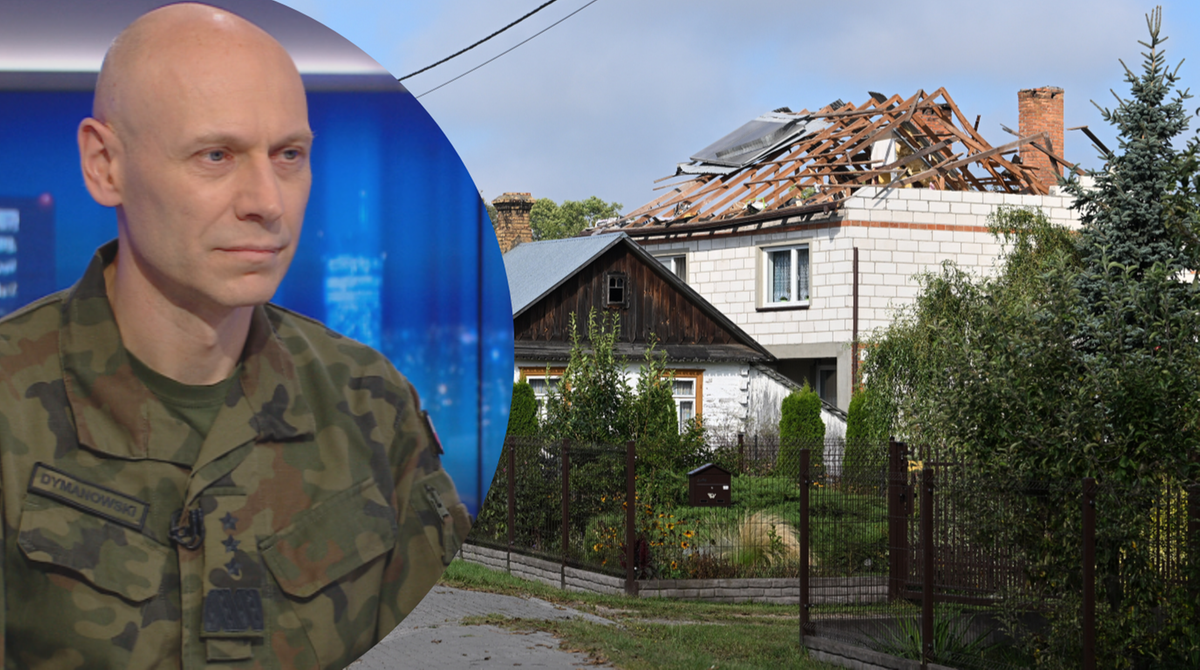



![’Mistrzu, zwolnij’ – policyjna akcja profilaktyczna [zdjęcia]](https://tkn24.pl/wp-content/uploads/2025/09/Mistrzu-zwolnij-2.jpg)
